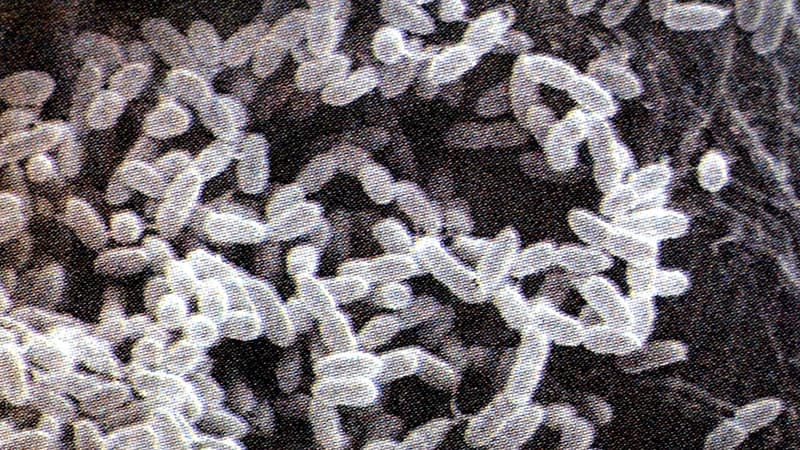Convert air into electricity? An enzyme would be capable of this, according to the work of Australian researchers published in the journal Nature this Wednesday March 8th. In fact, scientists have studied the functioning of a bacterium that lives in the soil and that mobilizes the hydrogen contained in the surrounding air to transform it into energy.
By analyzing its genetic code, the study authors have thus identified, at the origin of this transformation, a specific enzyme called Huc. The latter would be capable of “producing an electrical current directly when exposed to even trace amounts of hydrogen,” the authors argue.
The challenge for the team of researchers consisted in particular in isolating the enzyme from the bacteria. So they had to develop a series of methods to grow these bacteria, and then use chemistry to try to isolate the component.
A kind of sustainable natural battery
Even extracted from the bacterium, Huc would be able to convert small amounts of hydrogen into electricity. The study also shows that the enzyme can be frozen or heated and retains its ability to generate energy.
Thus, for the Australian scientists behind this work, Huc constitutes a kind of sustainable natural battery. “The amount of energy provided by hydrogen in air would be small, but probably enough to power a biometric monitor, clock, LED light bulb, or simple computer,” they say.
With more hydrogen at the source, the enzyme “could potentially power larger devices,” the authors say.
However, this first phase of experimentation was carried out in a laboratory context and on a very small scale, in milligrams. Now it is necessary to go to a higher level, the gram scale, with the aim of the kilogram scale.
Source: BFM TV


